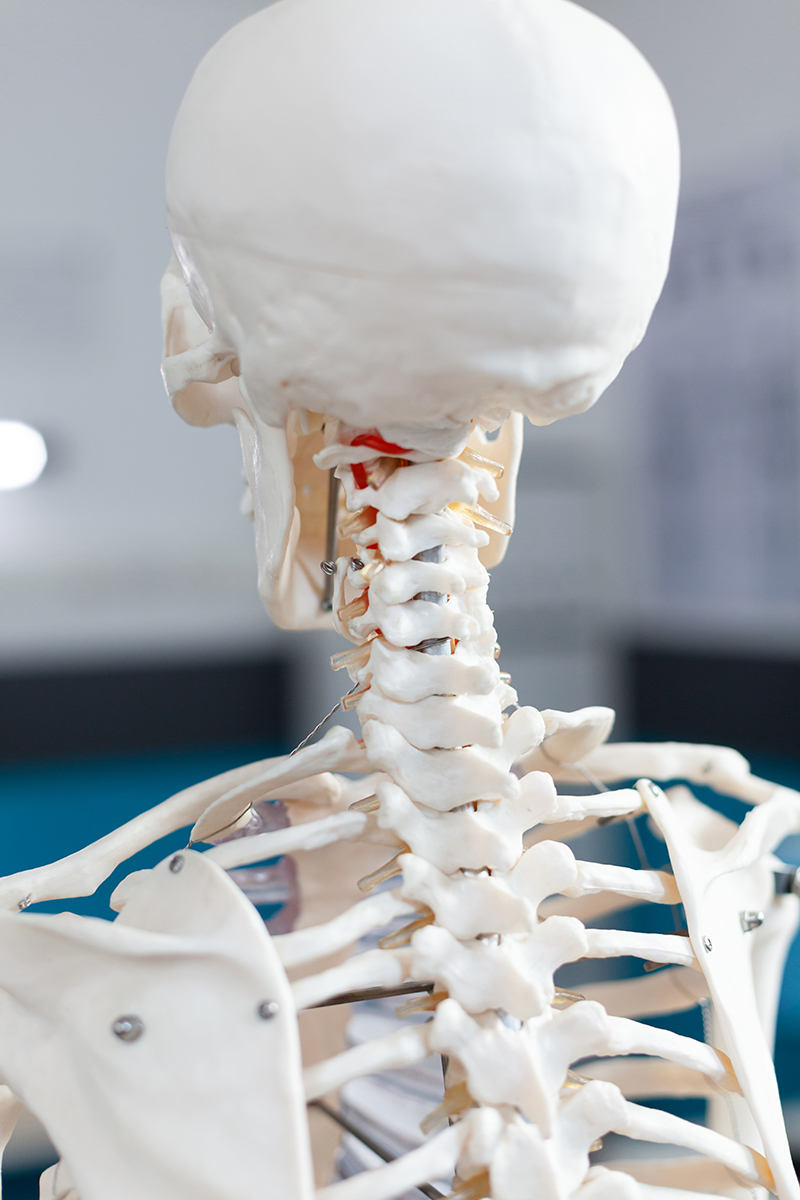Spinal Cord Injury
Empowering Recovery: Spinal Cord Injury Advocates
Overcoming Obstacles
Legal Advocacy for Rebuilding Lives After Spinal Cord Injuries
Spinal cord injuries can be devastating. They often occur as the result of a motor vehicle accident or other compensable accident, and may not always be apparent immediately following injury.
Traumatic spinal cord damage (damage caused by injury) can occur instantly or it can develop over time. It typically results in full or partial loss of sensation and bodily function below the site of the injury. Some spinal cord injuries are obvious, as in paraplegia (loss of function involving the upper limbs) and quadriplegia (loss of function involving all four limbs), and some might be less obvious, at least initially, and may progress over time. A traumatic spinal cord injury might even be diagnosed as whiplash or other soft tissue injury early on. Damage to the spinal cord can be caused by compression, bruising, tearing or severing of the spinal cord, all of which can result from the forces involved in a motor vehicle accident, including whiplash injuries and air bag impact. Approximately half of all spinal cord injuries occur as the result of motor vehicle accidents.
Symptoms of spinal cord injury depend on the location and severity of the spinal cord injury. While a completely severed cord causes paralysis and loss of sensation below the severed section of cord, a partially severed or damaged cord might result in symptoms such as involuntary movements or muscle spasms, weakness or decreased motor control involving one or more limbs, loss or altered sensation in certain parts of the body, impaired bowel or bladder function, and other nervous system dysfunction. Symptoms may be progressive, and can eventually lead to some degree of paralysis over the course of months or years. Spinal cord damage is not reversible, but a progressive condition can be slowed with appropriate treatment or surgery.
Whether you’ve suffered a severe or partial spinal cord injury, the effects on your life can be devastating and permanent. Any compensation you receive for your injuries should include not only money to compensate for your pain and loss of enjoyment of life, but also money for future losses, including loss of income and money to cover your future costs of medical treatment, rehabilitation, therapy and care. MacIsaac & Company’s lawyers have access to excellent medical and rehabilitation specialists who can identify the nature and severity of spinal cord injuries, including less obvious spinal cord injuries, and provide a prognosis and other recommendations upon which compensation for future losses is based. Our goal is to ensure you receive sufficient compensation to provide the best quality of life possible going forward.



